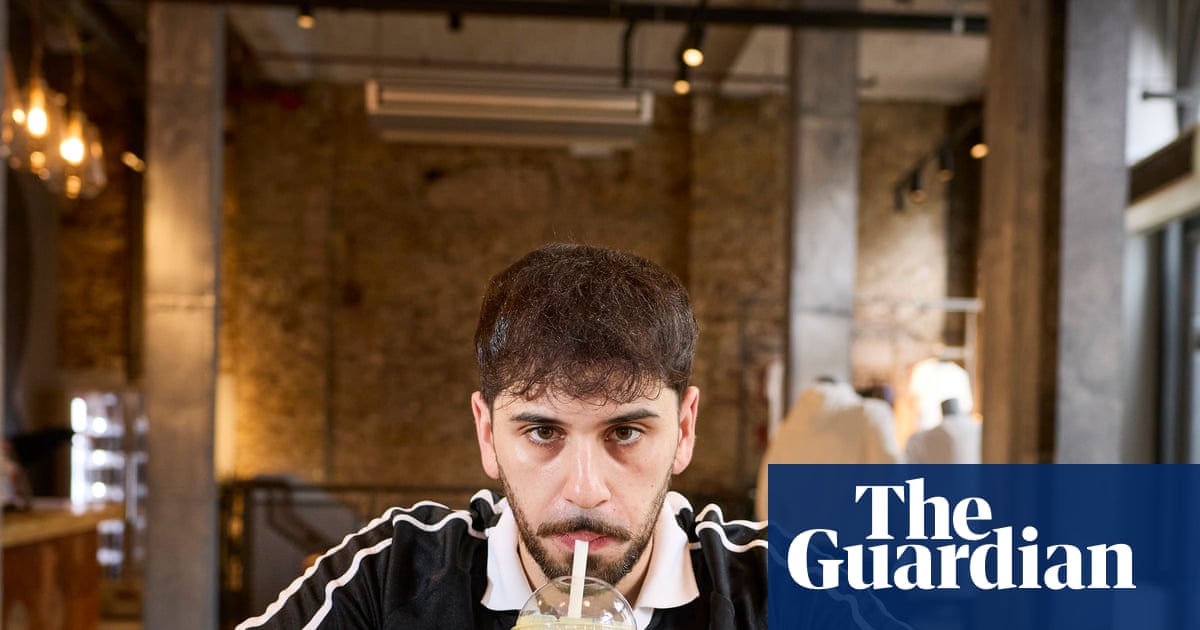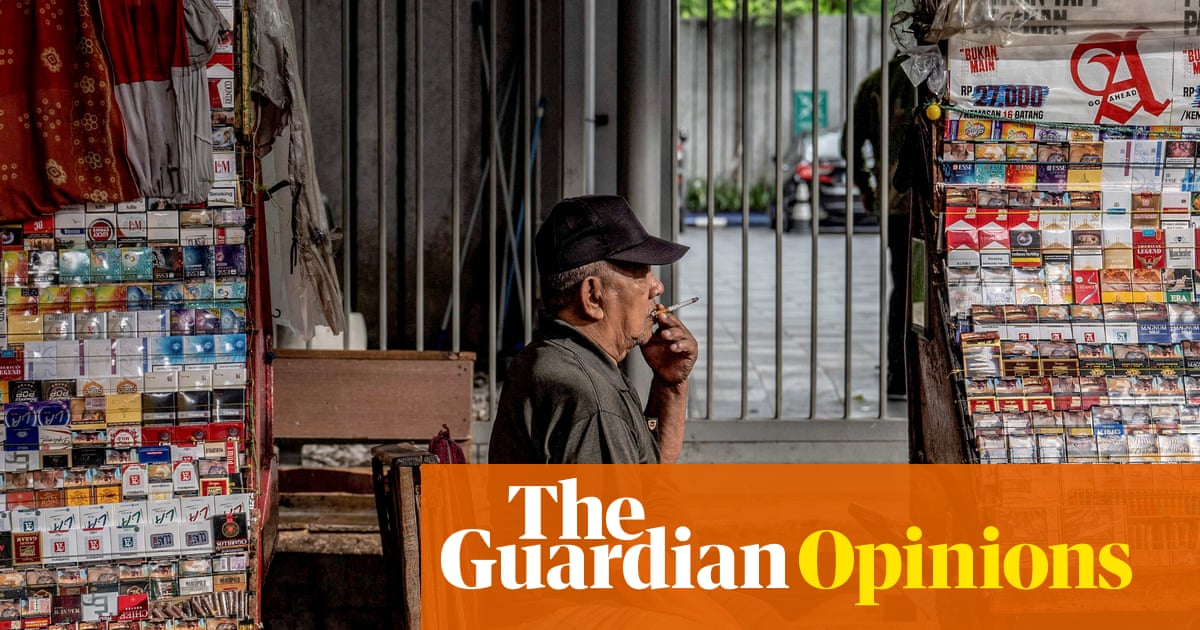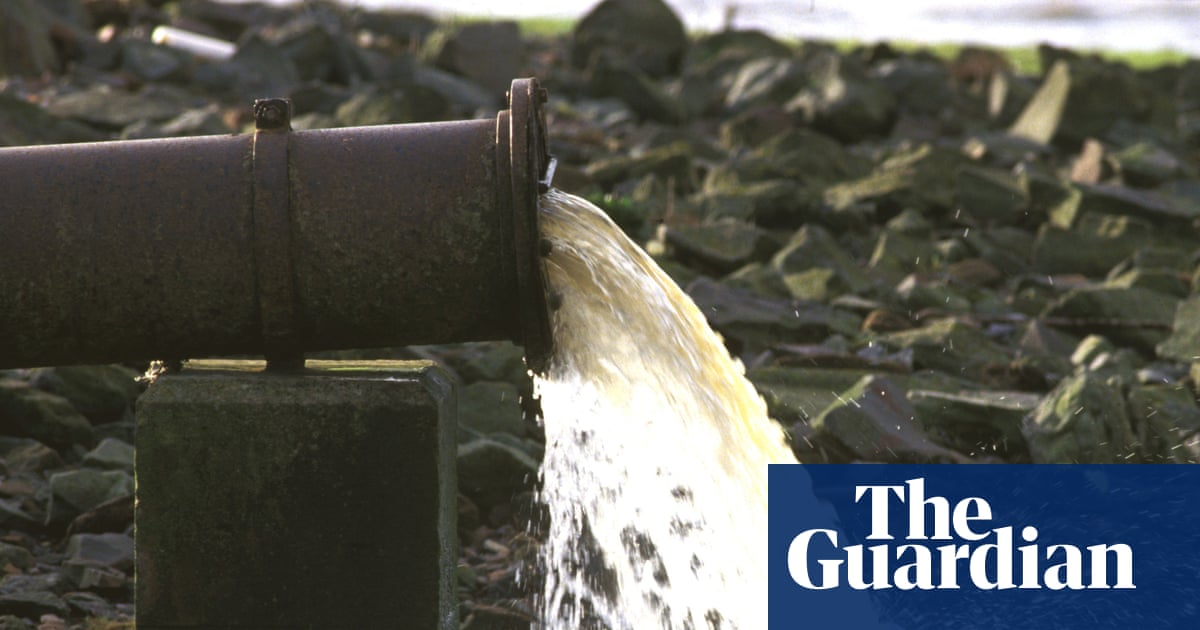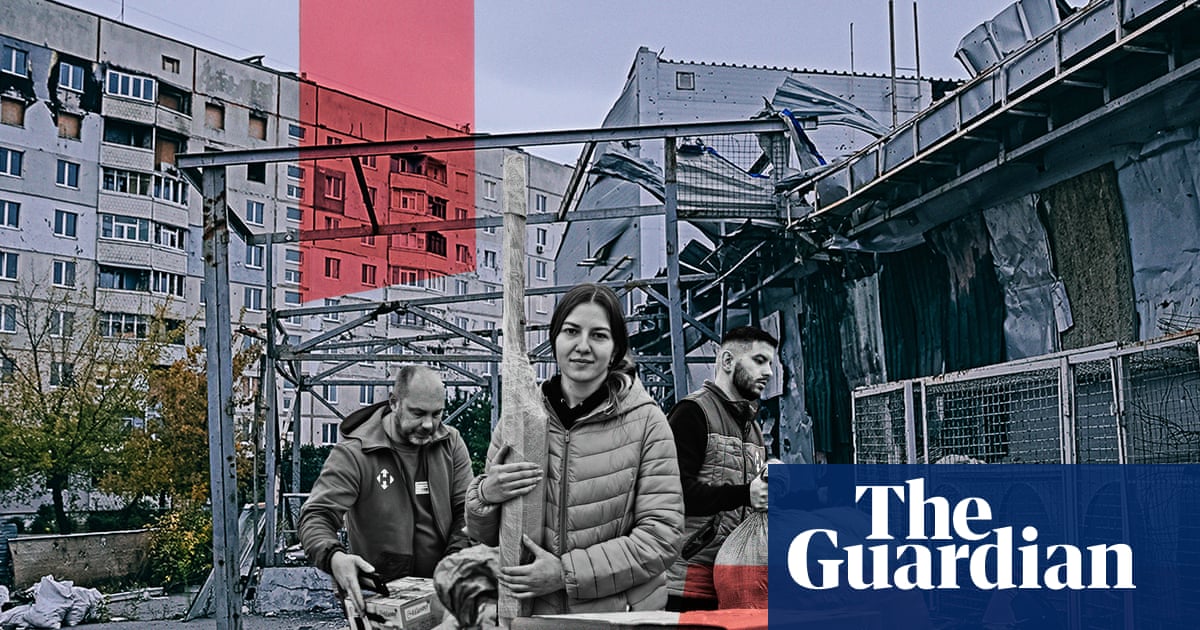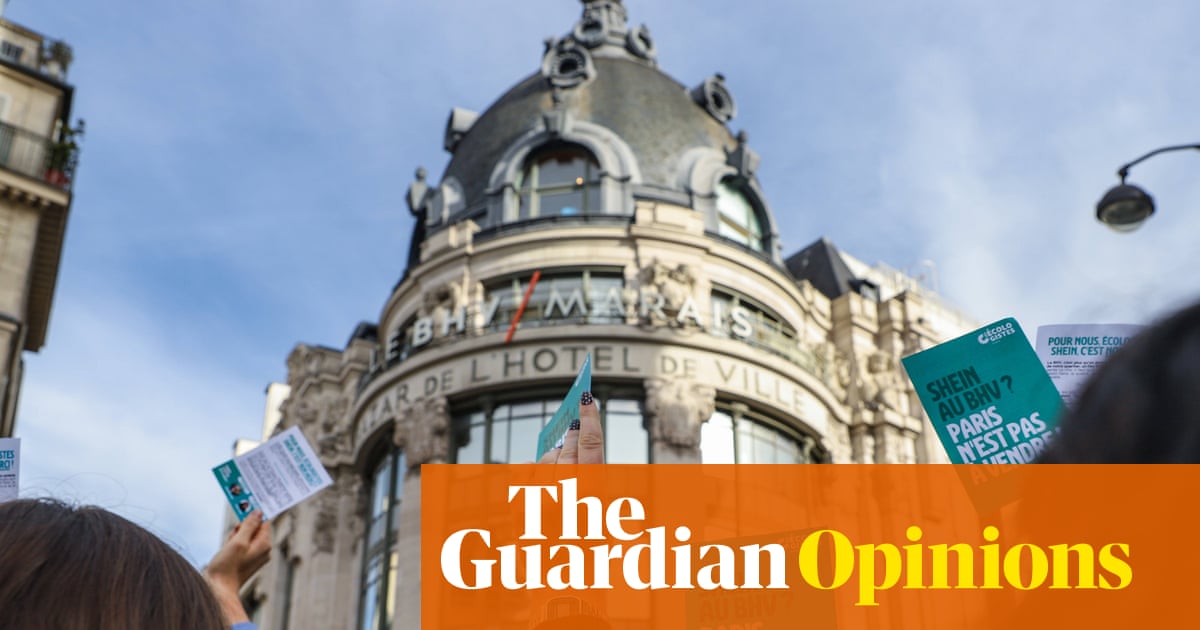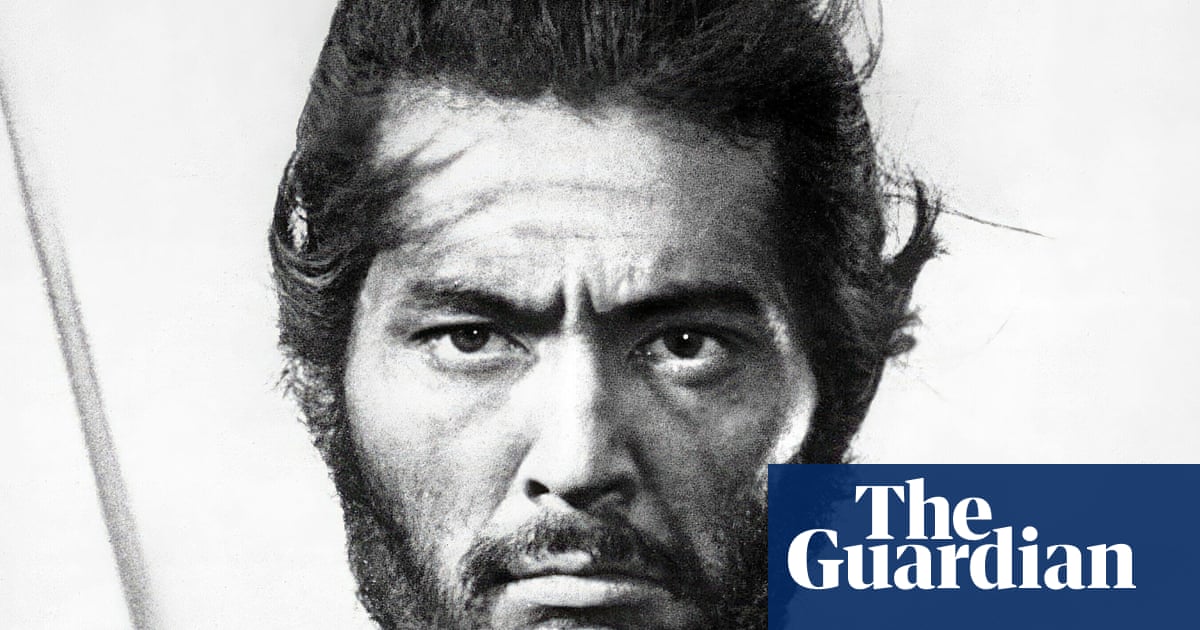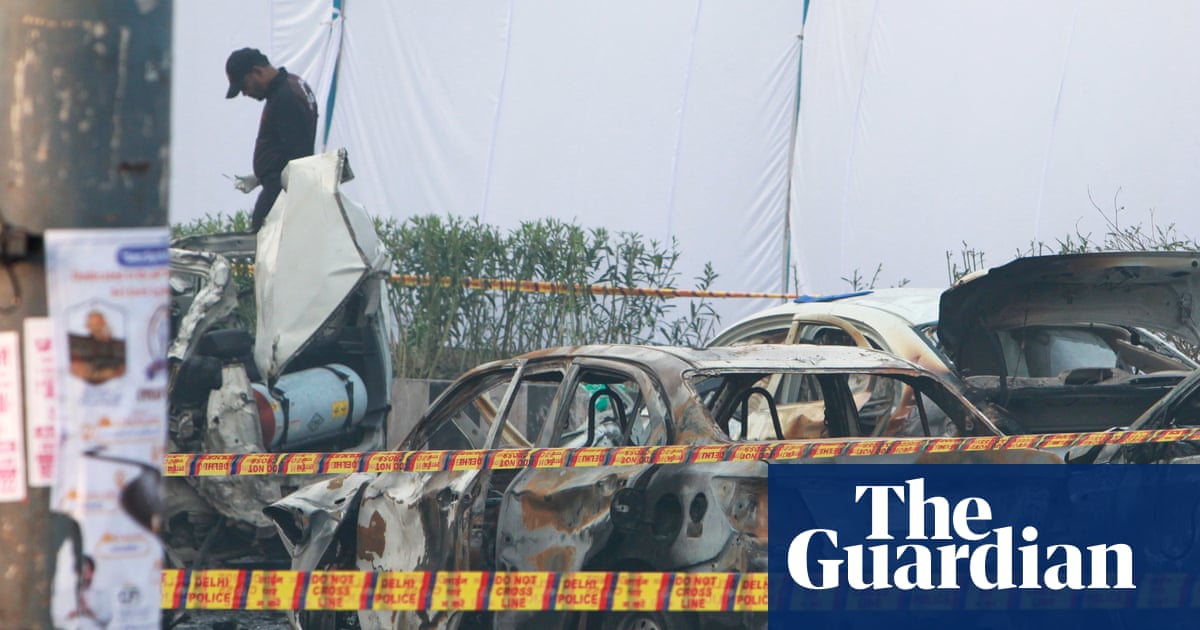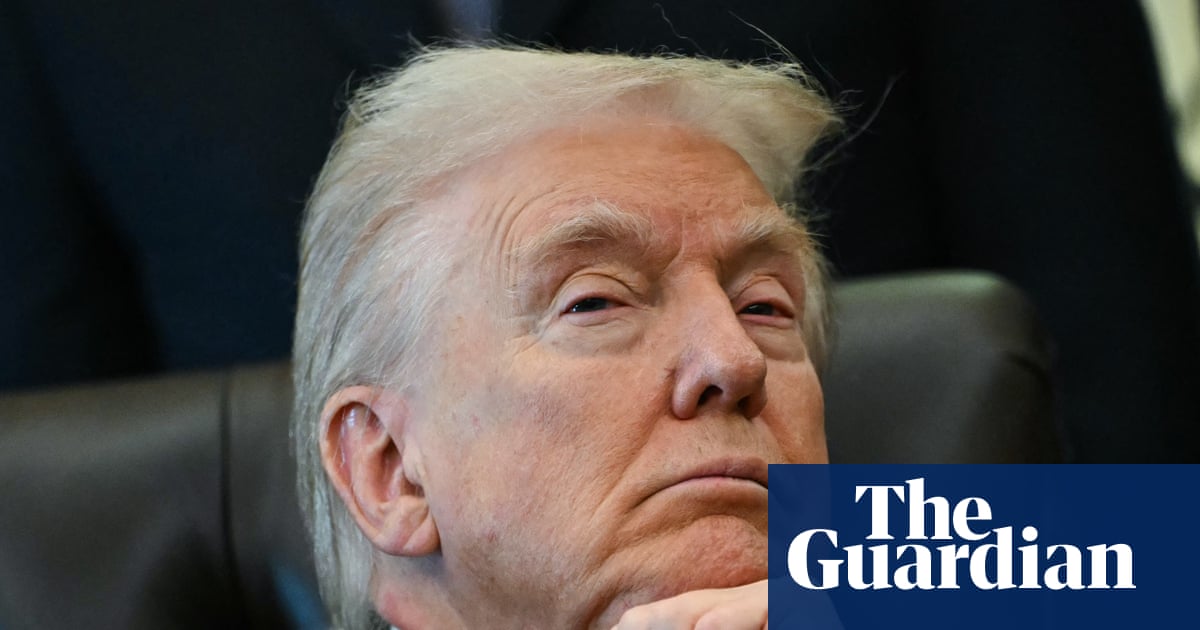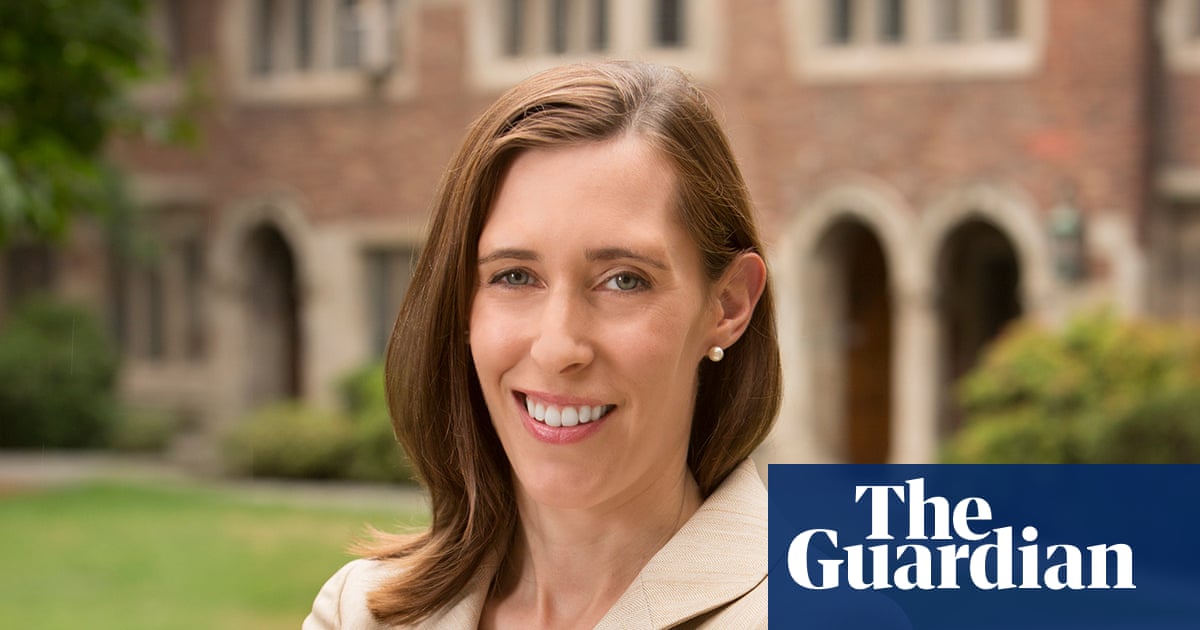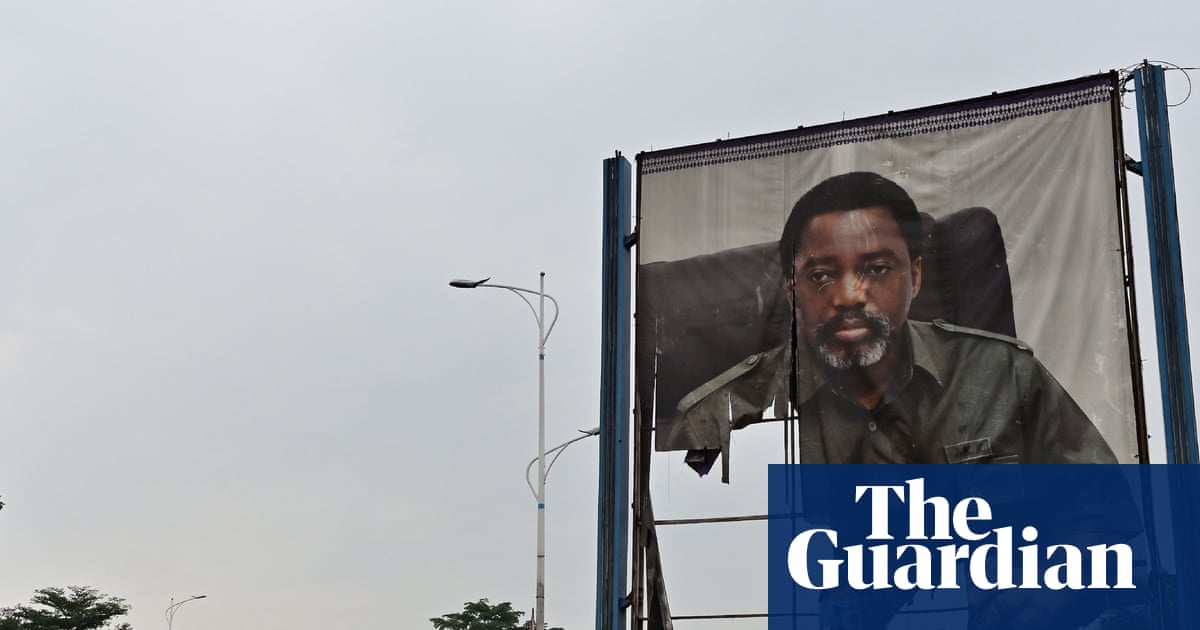Campaigners have accused the Peruvian government of violating international human rights law and putting lives at risk in the Amazon after it rejected a vast new territory to protect some of the world’s most isolated Indigenous communities.
After two decades of political debate, a government-led commission voted on Friday against creating the Yavari Mirim Indigenous reserve, a 1.2m-hectare (2.9m-acre) expanse of pristine rainforest along the border with Brazil. The tally was decisive: eight against, five in favour, with three members absent from the crucial vote.
The rejection comes despite evidence of human presence deep in the forest. The latest study, completed in 2024, documented 113 pieces of new evidence, including longhouses, trails, campfires, ceramic pots, bows and arrows, and cultivated areas. Aerial surveys identified 25 sites showing signs of habitation.
The decision could encourage national and regional governments to award concessions for logging, oil, gas and other extraction, say campaigners.
“There is no excuse for this. The technical and legal information is complete, the evidence is overwhelming, and the State’s obligation is clear: protect the lives of PIACI [the Spanish acronym for isolated and recently contacted Indigenous peoples] in Yavari-Mirim,” said Pablo Chota, a leader of the Regional Organisation of Indigenous Peoples of the Eastern Amazon (Orpio).
Many prominent politicians from the region deny the existence of the uncontacted peoples. In January, Juan Carlos Mori, a congressman in the Loreto region, claimed there were no uncontacted people, saying: “This is an arrangement between the ministry of culture and the ministry of the environment to create these … uncontacted people.”
Leo Chuma Tecca, a Matsés Indigenous leader from a Peruvian border community near the proposed reserve, said in an interview: “I’m a witness. When we go to the area, we see footprints and we hear them shouting. My brothers just sent me fresh photos. I don’t think these footprints are from the devil or something else. They are [from] people.”
Notably absent for the vote were the education, environment and health ministries, which have all supported Indigenous reserves in the past.
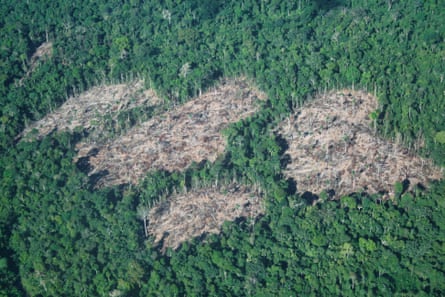
Jhordan Morales at the Ministry of Education said that due to a mixup of dates, he and his deputy were forced to travel to the interior of Peru and were unable to make the vote. “Yesterday at 5.30pm or 6pm, they told me I needed to travel,” he said, referring to the eve of the vote.
Berioska Quispe Estrada at the Ministry of the Environment said she “was ill from something I ate”, and provided a doctor’s certificate as evidence.
Beatriz Huertas, an anthropologist and expert on Peru’s isolated people, said: “Twenty years have passed since this reserve was requested. By not establishing the reserve, the Peruvian state has violated national and international norms that guarantee human rights, risking their safety and their very existence as peoples.”
Former vice-minister of the environment, Mariano Castro, accused the Peruvian government of violating an agreement it made last month at the Amazon Cooperation Treaty Organisation meeting.
Pedro Solano, an environmental lawyer and board member of Peru’s protected area system, said decisions about reserves are increasingly made in favour of groups with the most economic influence. “Unfortunately, decision-makers are no longer basing their criteria on matters of public interest, but are essentially governed by mercantilism and private interests,” he said.
The fate of Yavari Mirim has been closely watched by leaders in the Javari Valley Indigenous territory, an 8.5-million-hectare expanse in Brazil just across the Javari River from the proposed reserve. It is home to at least nine isolated groups.
Bushe Matis, coordinator of the Union of Indigenous Peoples of the Javari Valley, said isolated peoples were protected in Brazilian territory, “but in Yavari Mirim, it is not protected yet, and there is no Indigenous reserve. It is very vulnerable to oil extraction, logging and [extraction of] other natural resources.”
In Peru, Indigenous communities are granted titles to relatively small areas around permanent villages. The only communities granted large areas are isolated peoples, who range widely and need territorial buffer zones to avoid unwanted contact, which can lead to violent clashes and disease transmission.
About 46,000 sq km (17,700 sq miles) in eight areas have been approved for isolated and recently contacted peoples, with five more proposed. The government recognises 20 distinct isolated groups.
Mori wants to make sure Peru rejects the rest of the pending reserves. On 26 August, he introduced a bill that would alter the commission’s composition to heavily favour economic interests and increase Congress’s control over future decisions regarding lands occupied by isolated peoples.
-
This series on uncontacted peoples is supported by the Open Society Foundations, the Ford Foundation, the Pulitzer Center and the Nia Tero Foundation

 2 months ago
57
2 months ago
57




